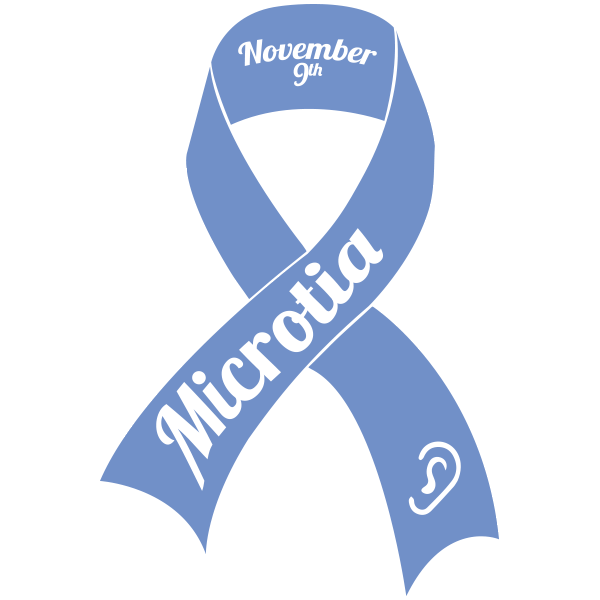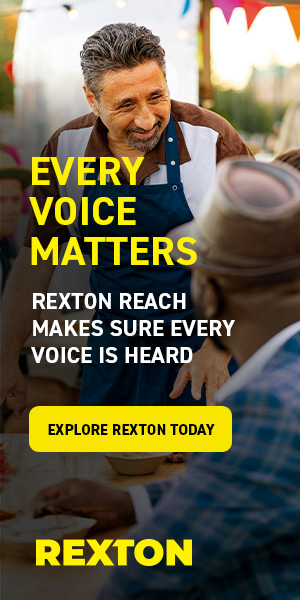Interview with Melissa Tumblin, Founder of Ear Community
AudiologyOnline: Congratulations on getting November 9 officially recognized as National Microtia Awareness Day. Why was having a national day for microtia awareness important to you?
Melissa Tumblin: It is the intention of Microtia Awareness Day to help promote public awareness. As the mother of a child who has microtia, and the founder of Ear Community, my hope is that families who have new babies born with microtia will leave the hospital armed with more answers than questions, and their dreams for their children intact. I think that if more people learn about microtia and atresia, that they will be kinder and more accepting. It is also my intention for anyone who is born without an ear(s) to realize that they are not alone. Through this national day, they can find out about organizations and resources for information and support.
AudiologyOnline: How did you go about making National Microtia Awareness Day officially recognized?
Melissa: This is something that I have wanted to do for a very long time now. There are so many awareness days with great causes behind them, and it was important for me to have a day for individuals with microtia and atresia, too. As a nonprofit organization that helps individuals who are born with microtia and atresia, it is part of Ear Community's mission to promote public awareness. After trying on my own to get this day officially recognized and not being successful, I partnered with an organization who specializes in awareness days. After a long and complex process, we did it! National Microtia Awareness Day will now take place on November 9th, every year in the United States, beginning in 2016.
AudiologyOnline: What kinds of things can professionals do to help support this day?
Melissa: First and foremost, educate yourself on this topic. Microtia and atresia are relatively rare, and what you may have learned years ago in school may be outdated. Get up to speed on the causes of microtia and atresia, treatments, and the psychosocial impact on patients and families. Ear
Community is a great place to start and there are many other helpful resources out there. Companies who offer bone anchored solutions such as
Oticon Medical,
Cochlear, and others, offer information on their websites as well as online courses for professionals. After getting up to speed, consider doing a training with your staff and the professionals you work with to educate them on microtia and atresia. Medical and health professionals can show their support to all of the individuals who are born with microtia and atresia by simply blogging about it or making a "we celebrate National Microtia and Atresia Awareness Day" post on their websites and in social media. Lack of information is still a problem at many medical facilities when it comes to having information and helpful resources available for families of children born with microtia and atresia. Even though National Microtia Awareness Day is recognized in the United States, Ear Community's website is translatable in over fifty different languages, so everyone around the world can access the information, resources and support that is available.

AudiologyOnline: You started Ear Community to raise awareness and create a support system for people with microtia/atresia and their families - it is now a huge global success. You've put National Microtia Awareness Day on the calendar. What other initiatives are you currently working on?
Melissa: I would like to focus more on preventing bullying; it needs to stop. Children are born into this world not knowing they are any different from anyone else. Many with microtia share similar stories from getting curious stares to being bullied. By promoting public awareness and providing access to education, resources, and support, we can eliminate bullying and clear the way for an even more successful future for individuals with microtia and atresia. I would also like to focus more on advocating for children and adults who have unilateral hearing loss (UHL). UHL is an invisible disability. I believe that UHL has more of an impact than what we see from studies and research to date. It can be a struggle to obtain help for people with unilateral hearing loss, such as obtaining IEP plans for school or getting needed hearing devices covered by insurance. There are social issues as well; someone with UHL may feel that they don't quite fit in to a community of people who are deaf or hard of hearing, and yet they struggle to hear and understand in this noisy world with "one good ear". I hope to contribute to needed research in this area to help children and adults with UHL to be as successful as possible and to live their best lives.
AudiologyOnline: Thank you, Melissa! Your passion and dedication to helping individuals with microtia/atreia is truly awe-inspiring!



